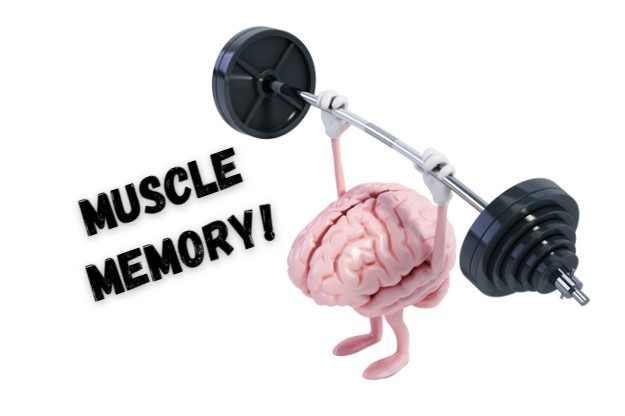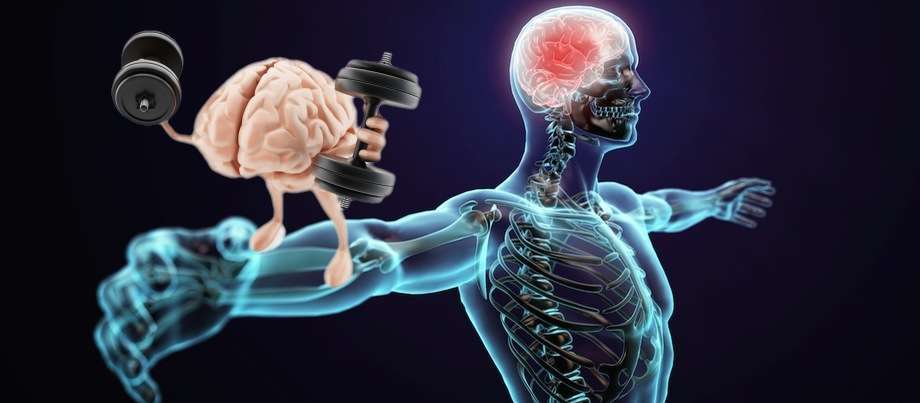Embarking on a fitness journey demands dedication and motivation, but an often overlooked factor is the critical role of muscle memory. Ever wondered why it seems easier to regain muscle and hit fitness targets after a break? When we engage in intensive workouts, our muscles develop neural pathways that make future exercises more accessible.

Taking a break allows the body to recover, and muscle memory to kick in. Muscle memory is the ability of our muscles to remember and adapt to previous movements. This phenomenon makes it easier to perform exercises after a hiatus. Leveraging muscle memory is essential for optimizing fitness results. Consistent training builds a foundation ingrained in the muscles, facilitating quicker progress even after periods of rest. Acknowledging the role of muscle memory can be a game-changer in our fitness journey.
What is Muscle Memory?

Contrary to what the name suggests, muscle memory is a phenomenon that occurs due to a person’s nervous system. When we repeatedly perform a physical task, the motor learning in our nervous system helps to create neural pathways that aid us in performing it. These pathways get stronger and wiser due to practice which then makes it easier to perform that same task over time. Due to muscle memory, a person may feel that a task is second nature to them making it easier for them to perform that activity regularly.
Muscle Memory In Fitness

Muscle memory can have a severe impact on a person’s strength and muscle size. Lack of exercise results in shrinking of your muscle size due to reduced protein synthesis. However, the neuron pathways that you developed during your previous training regimes remain intact and strong. This means that when a person resumes their training, the reactivation of these neuron pathways allows for quicker muscle gain and an increase in strength and conditioning.
Skill Retention In Sports

Beyond size, strength and conditioning, muscle memory can play a remarkable role in skill retention. Individuals who have honed their skills through countless hours of practice, such as cricketers perfecting wrist movements for bowling or playing skilful shots, can quickly regain their proficiency and efficiency after a break. This rapid recovery contrasts markedly with those who haven’t invested similar effort or time in mastering their craft. The neural pathways and their functioning ensure that such an individual can quickly pick things up from where they left off and thereby improve their muscle coordination and precision.
Factors That Influence Muscle Memory
Building muscle memory hinges primarily on two factors: consistency in training and employing an effective training methodology. Lack of seriousness or infrequent practice can impede the development of muscle memory. It’s crucial to choose the most efficient training methods and seek guidance to avoid unnecessary or excessive movements, ensuring time isn’t wasted. Additionally, the total duration of training plays a significant role in enhancing muscle memory, making it a key component of successful skill acquisition.
The phenomenon of muscle memory is an interesting one and begs more recognition than it deserves. People who understand its power and advantages can use it as a catalyst to move further ahead in their fitness journey and ultimately achieve their goals.


